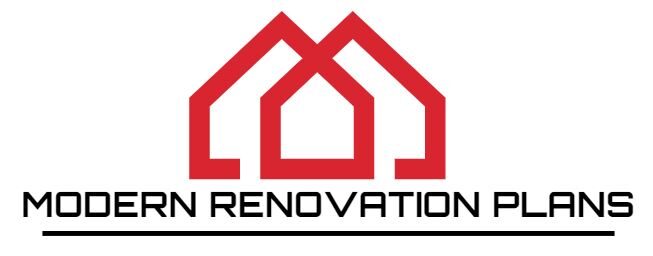
Welcome, fellow renovation enthusiasts! I’m Amanda, and I’m excited to share my knowledge and experience with you in this blog post. Today, we’ll be delving into the key elements that should be included in a renovation contract. Whether you’re planning to renovate your home, office, or any other space, a well-crafted contract is essential for a successful project. Let’s explore the crucial inclusions to ensure a smooth and hassle-free renovation process.
The Scope of Work
One of the most critical components of a renovation contract is a detailed outline of the scope of work. This should encompass all the tasks and activities that will be undertaken as part of the renovation project. Whether it’s demolition, construction, electrical work, plumbing, or any other specific tasks, each aspect should be clearly defined to avoid misunderstandings later on. The scope of work should also include specifications related to materials, finishes, and any custom requirements. The more comprehensive the scope of work, the better the understanding between all parties involved in the project.
Project Timeline and Milestones
A renovation contract should outline a realistic timeline for the project, including specific milestones and deadlines. This helps in setting expectations and ensures that the project progresses smoothly without unnecessary delays. The timeline should consider factors such as ordering materials, obtaining permits, and the sequence of tasks to be completed. Additionally, specifying milestones allows for regular progress checks and keeps the project on track. A well-defined timeline also provides clarity on the duration of the project, allowing you to plan accordingly and minimize disruptions to your daily life.
Cost and Payment Schedule
Clarity regarding the cost of the renovation and the payment schedule is vital for both parties involved. The contract should specify the total cost of the project, including a breakdown of expenses such as materials, labor, and any additional charges. Furthermore, a detailed payment schedule outlining the timing and amount of each payment should be included in the contract. It’s important to ensure that the payment schedule aligns with the completion of specific project milestones, providing a fair and transparent framework for financial transactions throughout the renovation process.
Change Orders and Amendments
During the course of a renovation project, changes or modifications to the initial scope of work may arise. To address such situations, the contract should include provisions for change orders and amendments. This allows for flexibility in accommodating new requirements or unforeseen circumstances without disrupting the entire project. Clearly outlining the process for initiating and approving change orders helps in maintaining clear communication and understanding between the parties involved, ultimately preventing disputes or misunderstandings.
Contract Termination and Dispute Resolution
While no one anticipates a project to end prematurely or encounters disputes, it’s essential to have provisions in the contract to address such scenarios. A well-drafted renovation contract should include terms for termination of the agreement, along with procedures for resolving disputes through mediation, arbitration, or other alternative methods. Including these provisions in the contract provides a sense of security and accountability for all parties involved, reducing the risk of prolonged legal battles or financial uncertainties.
Now that we’ve covered the essential elements of a renovation contract, I’d love to hear your thoughts and experiences. Have you encountered any challenges or successes related to renovation contracts? Feel free to share your insights in the comments below. If you have any questions or suggestions for future topics, don’t hesitate to reach out. Happy renovating!
